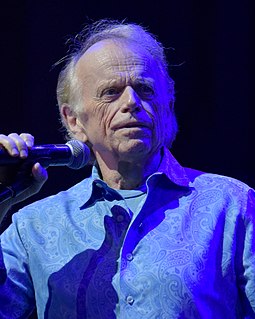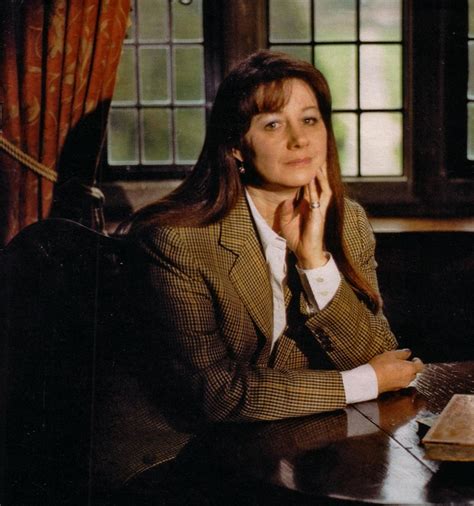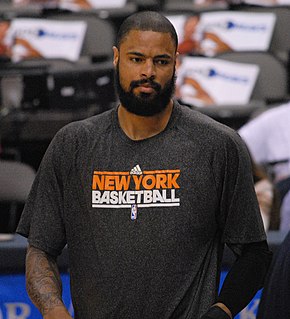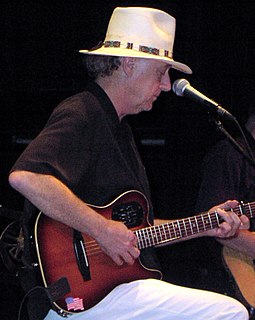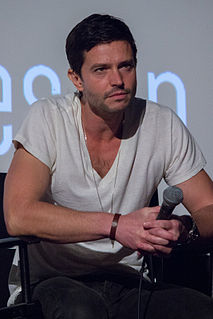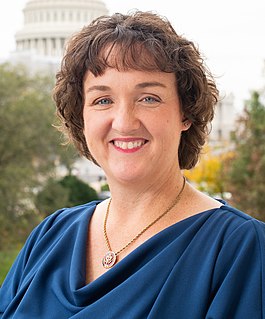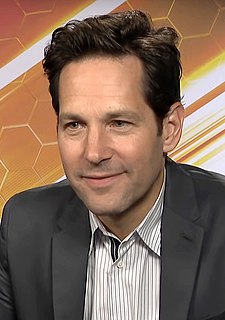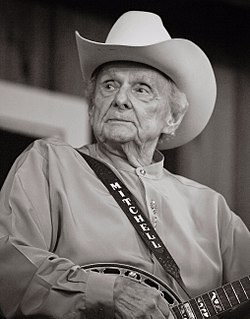A Quote by Forest Whitaker
My parents moved to Los Angeles when I was really young, but I spent every summer with my grandparents, and I'd stay with my grandfather on the farm in Longview. He was retired from the railroad, and he had a small farm with some cows and some pigs. I remember part of my youth was feeding hogs and plowing fields and stuff, so that's a part of me.
Related Quotes
I used to help my grandfather on the farm, driving tractors, raising crops and animals. I used to feed some of the baby cows and pigs, and I had to be no older than 7 or 8. Then at about 9 or 10 I started driving tractors. It showed me at an early age what hard work was all about and how dedicated you have to be, no matter what you do.
I'd spend every summer in Longview on my grandfather's farm. It was a tiny little town divided by a river, which was the segregation line: that side white, this side black. And meanwhile, I lived in Compton - basically, another whole world sealed into 10 square blocks. It's interesting how insular an environment can be.
When I was four, we moved to a farm outside Springfield, Missouri. We had a radio show from that farmhouse. My dad always wanted a farm. We used to go out and milk the cows every morning and then do a radio show with a remote control from our living room. We'd start by singing 'Keep On The Sunny Side.'
The Cubs, we built one of best farm systems - I think for a while there, it was the best farm system in baseball. And that was great. It got a lot of attention. But we didn't want the credit for the farm system. What we wanted was to see if we could do the tricky part, which was turn a lauded farm system into a World Series champion.
My first banjo? My mother's sister, my aunt, lived about a mile from where we did, and she raised some hogs. And she had - her - the hog - the mother - they called the mother a sow - of a hog. And she had some pigs. Well, the pigs were real pretty, and I was going to high school and I was taking agriculture in school. And I sort of got a notion that I'd like to do that, raise some hogs. And so my aunt had this old banjo, and my mother told me, said, which do you want, the pig or a banjo? And each one of them's $5 each. I said, I'll just take the banjo.

